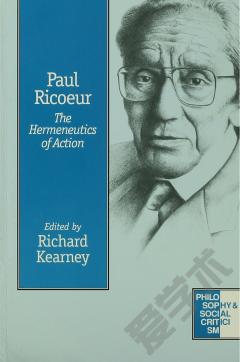Paul Gauguin's Intimate Journals
A fantastic Gauguin legend, distorted in many retellings, has come into being. A legend far better known than his strikingly individual pictures are known, and, in this country, at least, discussed by thou sands who are quite oblivious of my father's accredited rank as one of the greatest masters of painting. Everywhere this story has captured the popular fancy. Once upon a time there was a middle-aged, somewhat commonplace and mod erately successful stock broker. He had a wife and three children to whom he was extremely devoted. Neither his family nor his friends had cause to suspect that he entertained any other ambition than to finish his days as a prosperous business man and a good pater familias. Then one night he shed all his domestic Virtues in his sleep. He awoke an inhuman monster. Gone was his love of family. Gone were his bourgeois ambitions and respectability. A burning fever to paint possessed him. So he fled to Paris, with never a thought or a care for his dependent family, and devoted himself to his newly adopted art in sublime defiance of academic tradition. And at last, finding civilization too irksome to be borne, he retired to Tahiti, where he lived and loved and painted and died like a savage. It is a good story. It is a pity to contradict it, so many credulous souls have been entertained by it. But. Alas, it is not true. My father's decision to become a painter was no such J ekyl-and-hyde trans formation. I have a drawing he made of my mother as early as 1873, the year of their marriage. Indeed, all his life he had dabbled with paints, much to my mother's annoyance, when on occasions he would use her best linen table-cloth for canvas or her finest petticoat for paint-rags. It was 1882 when he definitely renounced commerce for art. His determination was reached after due consultation with my mother. She agreed to let him go, not because she had faith in his genius, but because she respected his passion for art. It was brave of her. It meant that she was to assume the burden of maintaining and educating the children. Sale bourgeoise, my father called her; but all his life he respected her profoundly.
{{comment.content}}








 京公网安备 11010802027623号
京公网安备 11010802027623号